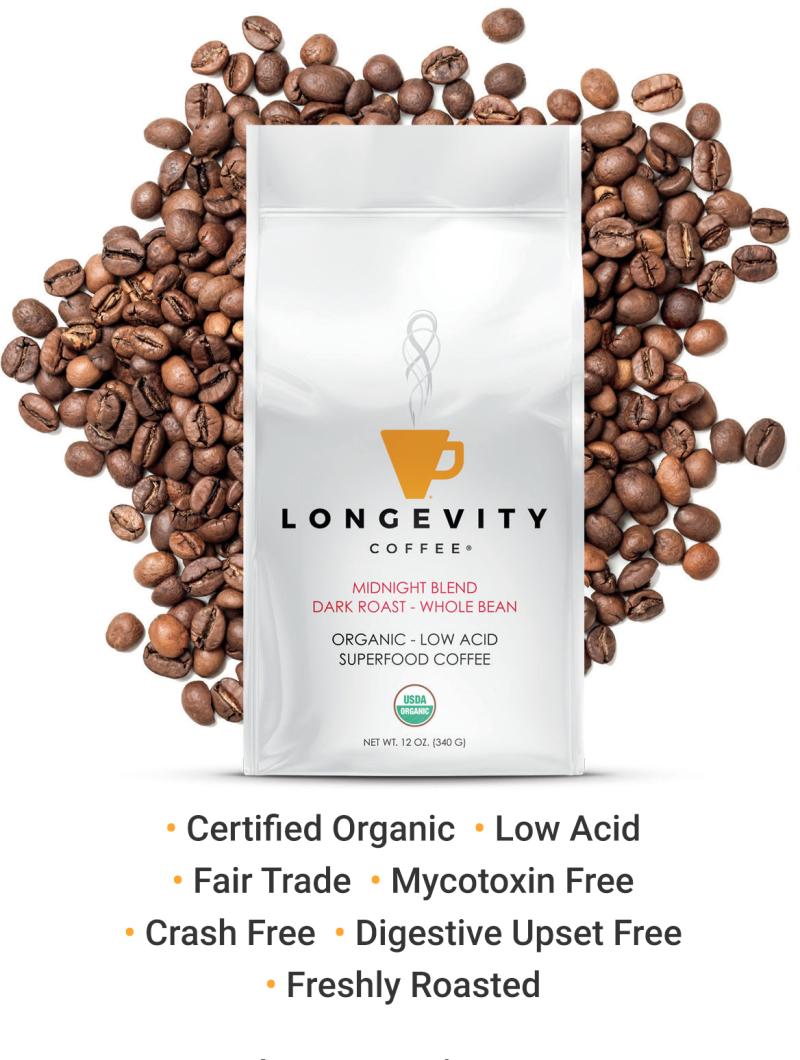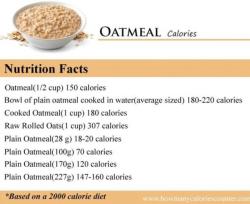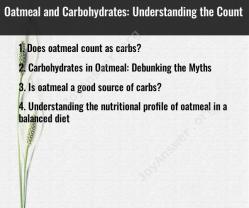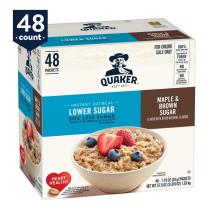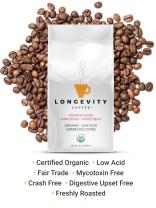Which coffee is the healthiest?
The healthiness of coffee can depend on various factors, including the type of coffee beans, the roasting process, and how you prepare and consume it. Here are some considerations when choosing a relatively healthy coffee:
Coffee Beans:
- Arabica vs. Robusta: Arabica beans are often considered to have a smoother and less acidic flavor compared to Robusta beans. They may be a preferable choice for individuals with sensitive stomachs. Robusta, on the other hand, generally contains more caffeine.
Roast Level:
- Light vs. Dark Roast: Lighter roasts tend to retain more of the original characteristics of the coffee bean, including higher levels of antioxidants. Dark roasts may have a bolder flavor but could have slightly lower acidity.
Organic and Fair Trade:
- Choosing organic coffee ensures that the beans are grown without synthetic pesticides and chemicals. Fair trade coffee ensures that farmers receive fair compensation for their products.
Additives:
- Be mindful of additives like sugar, syrups, and creamers, which can contribute to the overall healthiness of your coffee. Opting for natural sweeteners or drinking your coffee black can be a healthier choice.
Brewing Method:
- Filter Coffee: Using a paper filter in your coffee maker can help remove cafestol, a compound that can raise cholesterol levels.
- Espresso: Espresso generally has less cafestol compared to brewed coffee.
- Cold Brew: Cold brew coffee tends to be less acidic than hot brewed coffee.
Consideration for Health Conditions:
- If you have specific health conditions, such as acid reflux or insomnia, you may want to choose a coffee variety and preparation method that is gentler on your digestive system and lower in caffeine.
Moderation:
- While coffee can have health benefits, it's essential to consume it in moderation. Excessive caffeine intake may lead to negative effects such as insomnia, increased heart rate, and digestive issues.
Remember that individual responses to coffee can vary, and what works for one person may not be suitable for another. If you have specific health concerns or conditions, it's advisable to consult with a healthcare professional for personalized advice. Additionally, staying hydrated and maintaining a balanced diet are essential factors for overall health.
Exploring the healthiest options among various types of coffee
Choosing the "healthiest" coffee involves balancing several factors, as no single option reigns supreme. Each type of coffee has its own advantages and disadvantages, and the healthiest choice ultimately depends on your individual preferences and health goals. Here's a breakdown of some popular options:
Black Coffee:
- Pros: Calorie-free, low in sodium and carbs, rich in antioxidants and beneficial nutrients like potassium and magnesium.
- Cons: Some people find it bitter, and it can increase anxiety or worsen digestive issues in sensitive individuals.
Coffee with Milk or Cream:
- Pros: Adds protein and calcium, can make coffee smoother and less bitter for some.
- Cons: Increases calorie and fat content, adds sugar if using sweetened milk or creamers. Choose low-fat milk or unsweetened plant-based alternatives for a healthier approach.
Espresso:
- Pros: Concentrated dose of caffeine in a smaller volume, potentially lower in calories compared to larger coffee beverages.
- Cons: Can be very strong and bitter, some people may experience stomach upset due to higher caffeine concentration.
Decaffeinated Coffee:
- Pros: Offers the taste and potential health benefits of coffee without the caffeine jitters.
- Cons: Decaffeination processes can remove some beneficial antioxidants, and some decaf coffees still contain a small amount of caffeine.
Cold Brew:
- Pros: Lower in acidity than hot coffee, potentially smoother and less bitter, can be diluted with water or milk for lower calorie options.
- Cons: May have a slightly different taste than hot coffee, often involves more preparation time.
Flavored Coffee:
- Pros: Can add variety and excitement to your coffee routine.
- Cons: Often packed with added sugar, artificial flavors, and preservatives. Opt for naturally flavored coffees or add spices like cinnamon or vanilla yourself for a healthier alternative.
Here are some additional tips for making your coffee healthier:
- Limit added sugar and sweeteners.
- Choose organic coffee beans and filtered water.
- Drink coffee in moderation.
- Listen to your body and adjust your coffee intake based on how it makes you feel.
Ultimately, the healthiest coffee for you is the one you enjoy without negative side effects and complements your overall dietary and lifestyle choices. Experiment with different types and brewing methods to find what works best for your health and taste buds.
